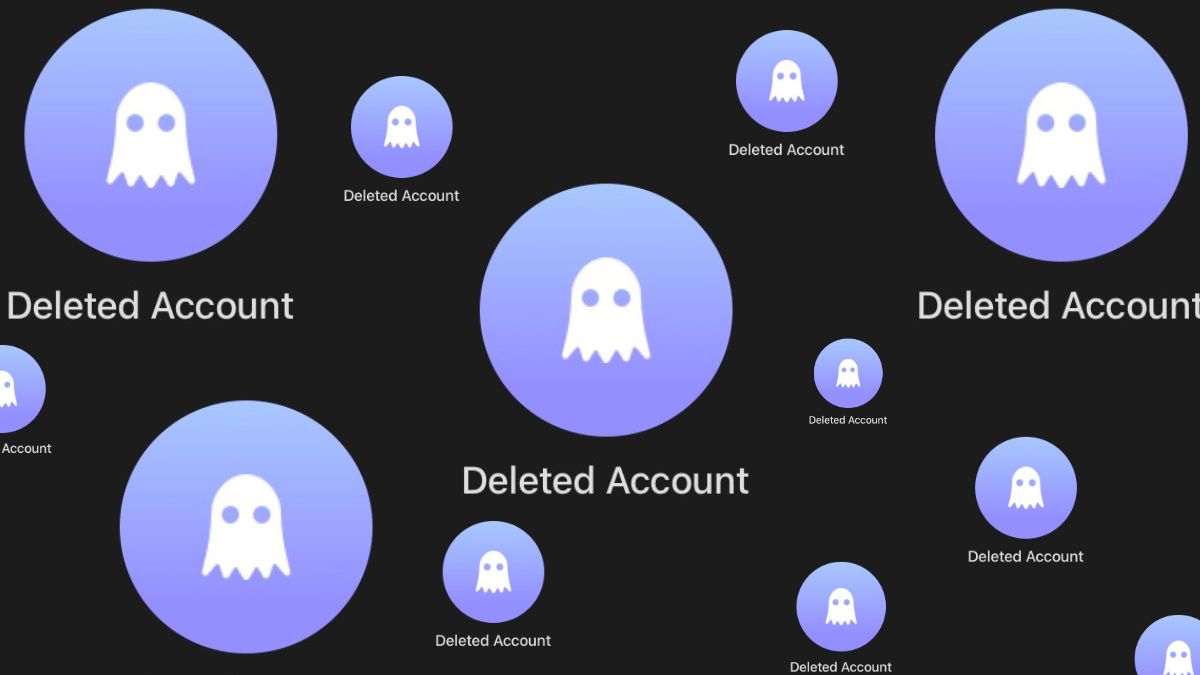AI ‘Nudify’ Bots Are Finally Under Control

In recent years, a troubling trend has taken over the online space: AI-powered ‘nudify’ bots. These bots allowed users to generate realistic nude images of anyone they had a photo of—friends, colleagues, celebrities—with a single click and often for just a few dollars. For some, this technology might have seemed like a novelty, but the reality was far more disturbing. It exposed a dangerous invasion of privacy, blurring the lines between technology and ethics in unprecedented ways.
This year, however, we’ve seen a dramatic shift. The fall of 2024 has become a pivotal moment in our fight against these invasive technologies, and platforms are finally taking action to protect our online privacy.
How AI ‘Nudify’ Bots Gained Control
Between 2023 and 2024, these bots exploded in popularity, especially on Telegram. Users had easy, quick, and often affordable access to tools that could alter images in seconds. Telegram, a platform widely known for its lack of moderation, became a hub for these bots, hosting hundreds of them with little to no restriction. The technology spread rapidly, and it was clear that these bots weren’t just a fad—they were part of a larger privacy crisis that technology had yet to address.
The Turning Point in 2024: Telegram’s Crackdown
In 2024, a crucial change began with the arrest of Pavel Durov, the founder of Telegram. This event prompted the platform to begin moderating nudify bots, marking a stark shift in Telegram’s approach to content moderation. Between September and October of this year, approximately 90% of these bots were removed from Telegram—a massive step toward ensuring user privacy.
Telegram’s commitment to addressing the issue has continued beyond the initial cleanup. Now, when a new bot surfaces, moderators find and remove it within hours. It’s a major victory for users who can now feel safer on the platform, knowing that there are active measures in place to protect their privacy.
Payment Platforms Join the Effort
Removing the bots was just one part of the equation. In addition to Telegram’s crackdown, major payment providers stepped in, severing ties with these services. For years, easy access to credit card payments had enabled the rapid spread of nudify bots. But this year, many payment providers stopped processing transactions linked to these bots, leaving cryptocurrency as one of the last options for payment.
With fewer ways to make money, these bot services are no longer as profitable or accessible. This limitation is another crucial step in putting control back in the hands of individuals.
What This Means for Privacy and Technology
The fall of AI ‘nudify’ bots represents a powerful message about the need to protect digital privacy and treat individuals with respect. In an age where our online data is constantly under threat, this moment serves as a reminder of the importance of ethical boundaries in technology.
But beyond removing the bots, it also signals a growing awareness around personal privacy. People are more conscious now of how their images are used, and there’s an increasing call for accountability from tech platforms.
The Path Forward: A Safer Digital World
The crackdown on AI nudify bots in 2024 should be seen as a lesson and a stepping stone. If we want to create an online environment that respects personal boundaries, we need ongoing moderation, ethical guidelines, and accountability from tech companies. It’s essential to continue building a digital world that enhances our lives while protecting our privacy.
This success shows us that it’s possible to fight back against technology that infringes on our rights. If we keep pushing for responsible tech, we can make the internet a safer place for everyone.
Final Thoughts
The fall of 2024 marks an important victory over AI nudify bots, but there’s still more work to be done. Let’s keep pushing for technology that respects us, values our privacy, and understands that boundaries matter. By working together as a community, we can continue to make meaningful changes and ensure that the digital world is one that respects and protects us all.










